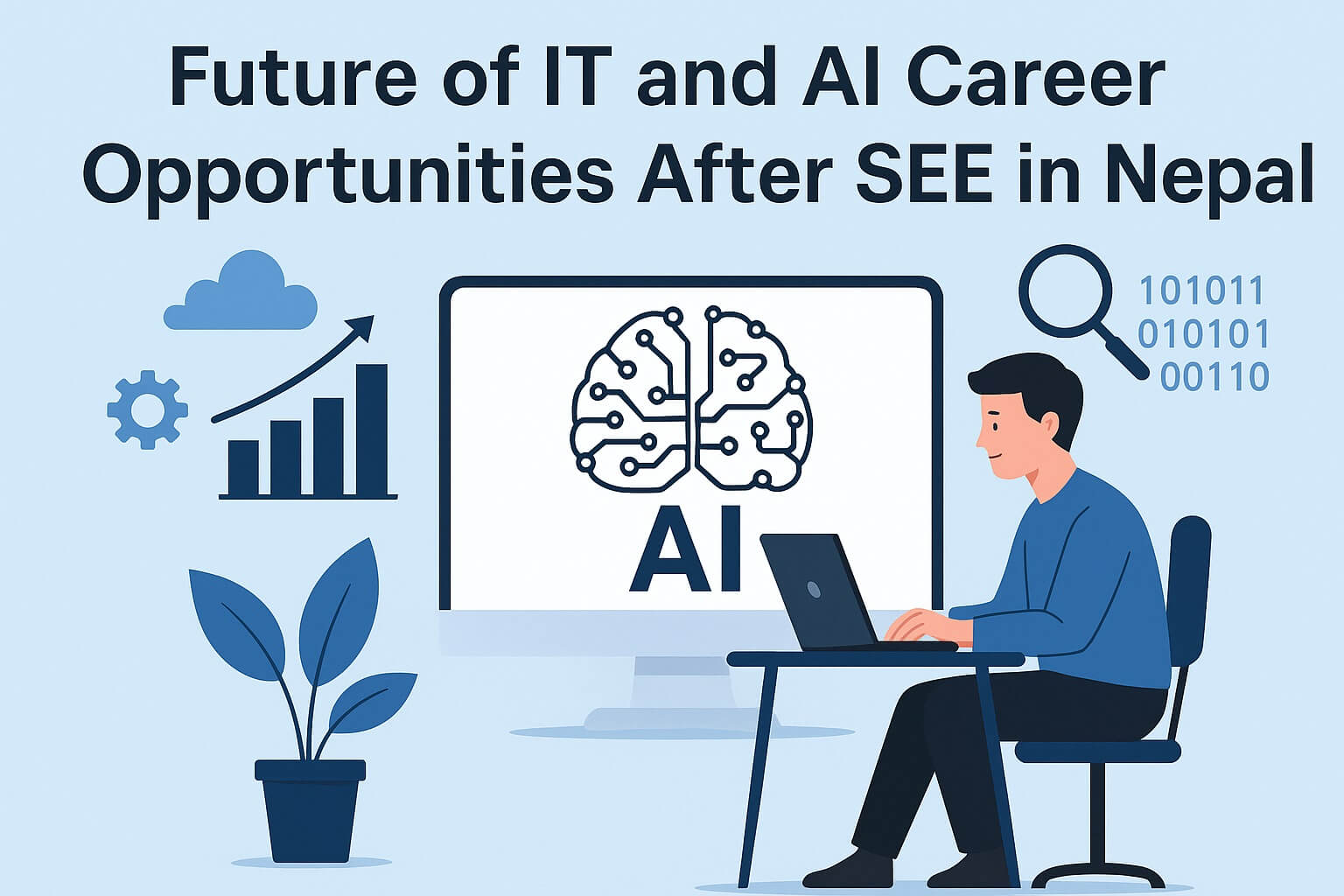
Increasing Demand for IT and AI Skills
In the coming five to ten years, the most in-demand jobs globally are projected to be in Information Technology (IT), especially in Artificial Intelligence (AI). Studies from leading institutions such as the World Economic Forum, Forbes, and Coursera suggest that roles related to AI—including data analysts, data engineers, and data scientists—will dominate future employment markets.
Research also shows that demand for cybersecurity experts and analysts will continue to rise in the next decade. Additionally, IT managers, software developers, and web developers are expected to remain busy and relevant in the job market.
According to Forbes, seven out of the world’s top ten richest individuals are involved in IT businesses. The platform also highlights that many who become wealthy at a young age are typically working in IT fields.
Coursera, a global open learning platform, predicts that by 2025, the most in-demand and high-paying skill will be generative AI. Following that, data analysis, data visualization, and cybersecurity are listed among the most essential skillsets.
These examples clearly reflect the growing global importance and necessity of IT and especially AI-related skills. In Nepal, becoming a doctor or engineer has long been associated with social prestige, but in today’s global landscape, that perception is becoming increasingly outdated.
IT Careers: Competitive and Flexible
In Nepal, many young professionals working in IT now earn higher salaries than doctors and engineers. The flexibility to earn while studying, choose work hours, and even work for international clients from within Nepal makes IT a preferred choice for many students.
IT offers the opportunity to start earning from a young age. Since launching an IT-based business requires relatively low investment, it also opens doors for youth entrepreneurship.
A Ladder to Higher Education in IT
After completing the SEE examination, it is common for students to feel uncertain about which stream to choose. It is essential to consider one’s interest and aptitude. Some students may already know their future goals and select subjects accordingly. However, in today’s world, no matter which subject one chooses, IT skills have become essential across all professions.
With the widespread use of information technology and the internet, the nature of work has transformed, making basic IT knowledge a must.
Whether you aim to become a doctor, engineer, manager, teacher, civil servant, or lawyer—IT skills are now required in every profession. Not knowing IT is almost like excluding oneself from the competitive job market. Without these skills, one may struggle to keep up professionally.
Understanding this necessity, choosing computer-related courses during higher education is one of the wisest decisions. Due to rising demand, computer education is now included in science, management, and humanities streams, which is a positive shift.
Where computer classes are offered as optional subjects, students should not hesitate to select them. Since the curriculum in higher education often remains theoretical, students are encouraged to complement it with online free courses or short-term paid classes. This approach helps develop both practical skills and broader thinking. In this sense, computer education is not only a path to future security but also the most accessible ladder to the IT world.
Affordable and Secure Option
For students, one of the key advantages of studying IT is its affordability compared to other popular fields. Those aspiring to work in IT do not need to spend as much as they would to become doctors or engineers.
Globally, even the duration of formal IT education is being reduced. As a result, it requires less time investment to become professionally skilled in IT.
The ability to earn while studying makes IT an attractive option, especially for students with financial limitations. IT jobs themselves offer impressive income potential. In Nepal, individuals with strong IT skills can easily earn over NPR 100,000 per month. Compared to other expensive courses, IT offers more attractive returns in the local context.
Moreover, the option to work from home has made IT professions even more flexible and accessible.
Digital World, Digital Opportunities
Today, everything is available online. People spend a significant amount of time on the internet. From public services to personal needs, the internet plays a central role. However, the internet is not useful on its own—it is the IT workforce that makes platforms functional and accessible.
As the world becomes more digitally connected, there may be no skill more in demand than IT. That’s why when choosing a college after SEE, selecting a computer or IT-related course is a strong confirmation that you are preparing yourself for tomorrow’s job market.


